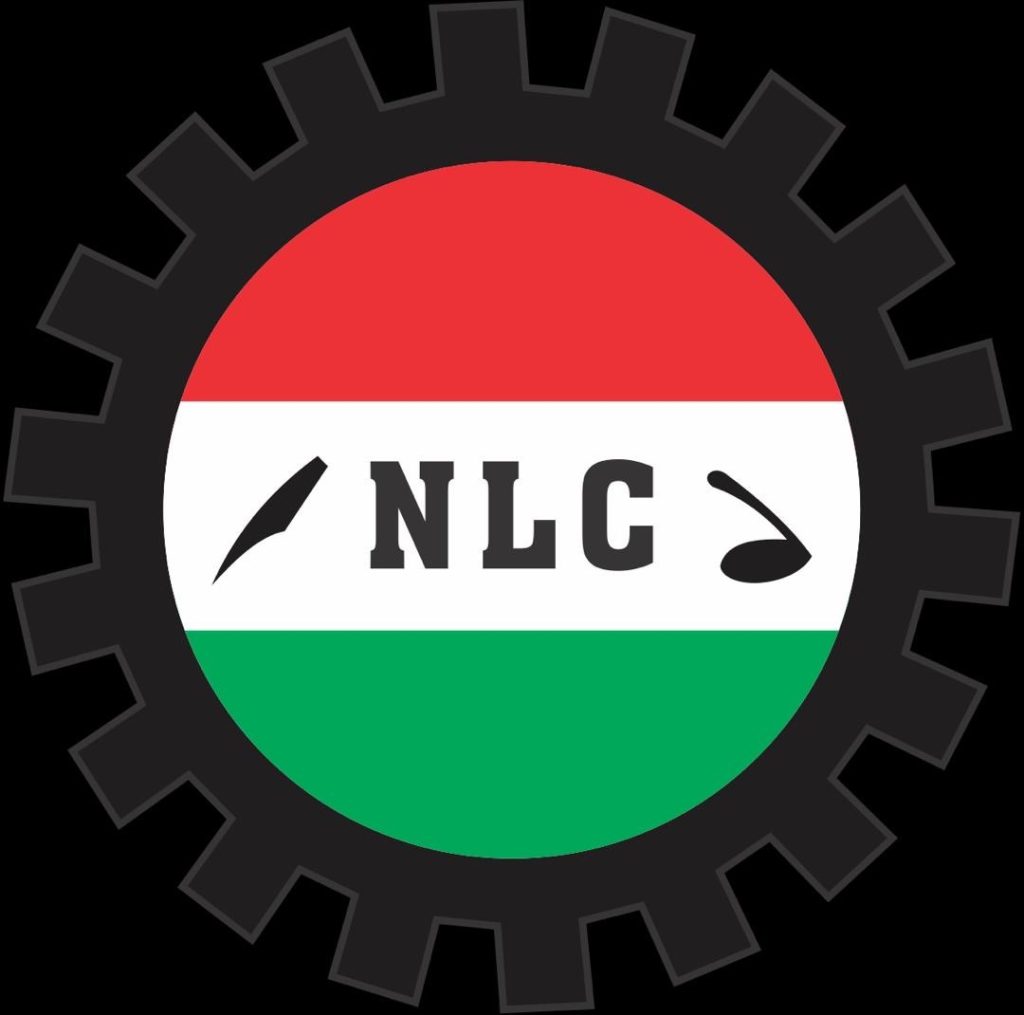By Okeke Eunice

The Nigeria Labour Congress (NLC) has criticized the International Monetary Fund (IMF) for denying its role in the Nigerian government’s recent decision to remove the petrol subsidy.
The congress described this denial as cynical, reflecting the IMF and World Bank’s ongoing trend of enforcing severe economic policies on developing countries.
In a statement released on Sunday, NLC National President Joe Ajaaero condemned the IMF for framing its detrimental recommendations as strategies for growth, which have resulted in increased socioeconomic hardship and stagnation in Nigeria and other nations that have followed their misguided counsel.
During a press conference at the IMF and World Bank Annual Meetings in Washington, DC, Abebe Selassie, the IMF’s Director for the African Region, referred to the Nigerian government’s removal of the fuel subsidy as a domestic matter.
The IMF’s recent statement appears evasive, labeling Nigeria’s subsidy removal as a “domestic decision” while disregarding its substantial impact on policy-making in developing nations.
Despite this denial, the IMF regularly promotes subsidy reductions as essential for fiscal sustainability, rendering its disavowal empty in a country that has often adhered to such recommendations, the statement noted.
The NLC expressed growing concern over the IMF’s denial, viewing it as indicative of the troubling policies the IMF and World Bank have imposed on Nigeria.
“The IMF seems to be distancing itself from potential backlash regarding these policies, but Nigerians are not deceived; we understand the detrimental effects of its harmful strategies on Nigeria and Africa,” the union asserted.
It stated, “It is disingenuous for the IMF to deny its involvement, especially since we have alerted the government to the potential consequences of implementing these policies.”
Additionally, the NLC noted that the IMF and World Bank’s denial of the social costs associated with their policies raises additional concerns. While the IMF acknowledges the “significant social costs,” it merely advises governments to alleviate these challenges through expanded social protections—an approach that often results in people relying on ineffective aid, such as the RICE initiative, the union claimed.
It further noted that in Nigeria, the removal of subsidies and increasing prices have rendered essential goods unaffordable, while government social safety nets remain insufficient.
The NLC argued that the gap between IMF recommendations and the reality in Nigeria reveals a significant flaw in the fund’s economic policy. By distancing itself from Nigeria’s subsidy removal, the IMF demonstrates inconsistency in its guidance, advocating for austerity while avoiding accountability for the resulting hardships.
Moreover, the NLC emphasized that this undermines the IMF’s credibility and raises questions about the sincerity of its economic recommendations, particularly since its assertion that Nigeria controls its policies contradicts its historical influence, which has often resulted in turmoil and hardship.
Additionally, the NLC stressed the importance of Nigeria and other developing nations reclaiming their economic sovereignty by resisting externally imposed policies that do not take local contexts and the needs of the populace into account.
“The IMF’s denial of involvement in Nigeria’s subsidy removal appears disingenuous, especially considering its history of recommending similar austerity measures. We hope our economic leaders understand that during crises, the IMF and World Bank will distance themselves, leaving the government to shoulder the consequences,” it stated.
It further stated that Nigeria needs to adopt policies that genuinely meet the needs of its citizens by focusing on economic strategies that foster growth, social welfare, and equity, rather than austerity measures that lead to greater economic hardship and social unrest.
“We call on the World Bank and IMF to stop suffocating our nation so we can thrive. They have become a significant obstacle for us, and we may soon feel compelled to demand their complete withdrawal from Nigeria, as their policies consistently harm our economy and jeopardize both the people and the nation,” the NLC declared.
The NLC urged the IMF to avoid being cowardly and instead take responsibility! This is what honesty and transparency mean, which are the foundations of the IMF’s claimed institutional integrity.